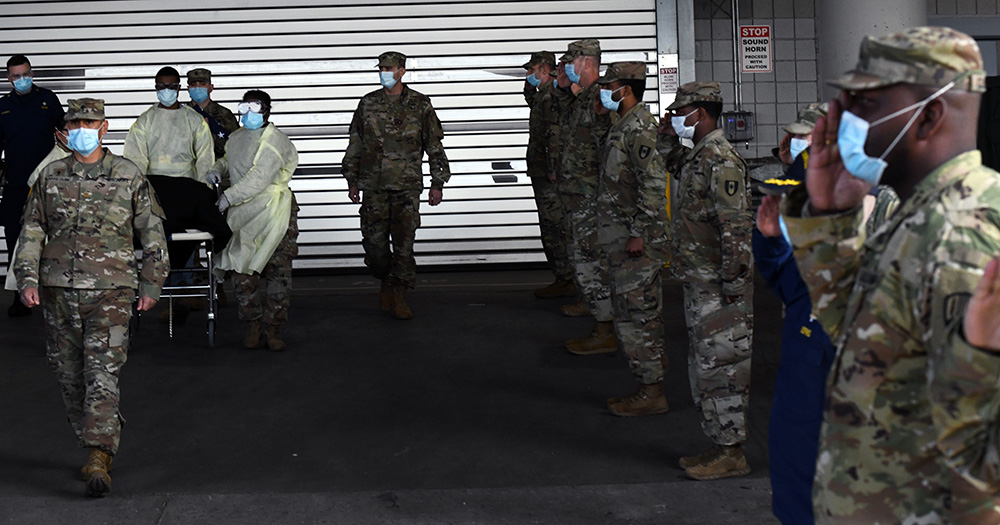The U.S. has officially experienced a higher fatality rate from Covid-19 than World War II, American media USAToday reported.
On Dec. 9, the U.S. reported 3,124 new deaths, bring the death toll to over 292,000.
In comparison, a total of 291,557 Americans died in combat during the war, according to the U.S. Department of Veteran Affairs.
Covid-19 death toll predicted to reach over 500,000 by April 2021
The Dec. 9 death toll of 3,124 also set a record as a day in which the number of Covid-19 fatalities exceeded the 9/11 terror attacks, in which 2,900 people died, and the Pearl Harbour attack, which caused 2,400 deaths.
Meanwhile, over 200,000 new cases of Covid-19 were reported on Dec. 10, according to CNN.
A model by the U.S. Institute for Health Metrics and Evaluation has since estimated that the death toll could eventually reach 502,000 by April 1, although this figure could be lower if more people wear masks.
Separately, the U.S. Centers for Disease Control and Protection (CDC) gave a composite forecast, combining modelling 40 research groups, of 332,000 to 362,000 Covid-19 deaths by Jan. 2, 2021.
Vaccine unlikely to have short-term impact
Meanwhile, an expert committee of vaccine scientists have voted in favour of rolling out the Pfizer/ BioNTech vaccine for use in the U.S., USAToday further reported.
As such, healthcare workers and residents of nursing homes are expected to be the first recipients of the vaccine, with shipping expected to begin as early as Dec. 11.
The director of the National Institute for Allergy and Infectious Diseases, Anthony Fauci, has stated that the vaccine is unlikely to have any short-term impact on the rates of infections and deaths however, until late into 2021.
He was quoted by CNN as stating:
"Let's say we get 75 per cent, 80 per cent of the population vaccinated. I believe if we do it efficiently enough over the second quarter of 2021, by the time we get to the end of the summer ... we may actually have enough herd immunity protecting our society that as we get to the end of 2021, we could approach ... some degree of normality that is close to where we were before."
Top image by The National Guard via Flickr
If you like what you read, follow us on Facebook, Instagram, Twitter and Telegram to get the latest updates.
